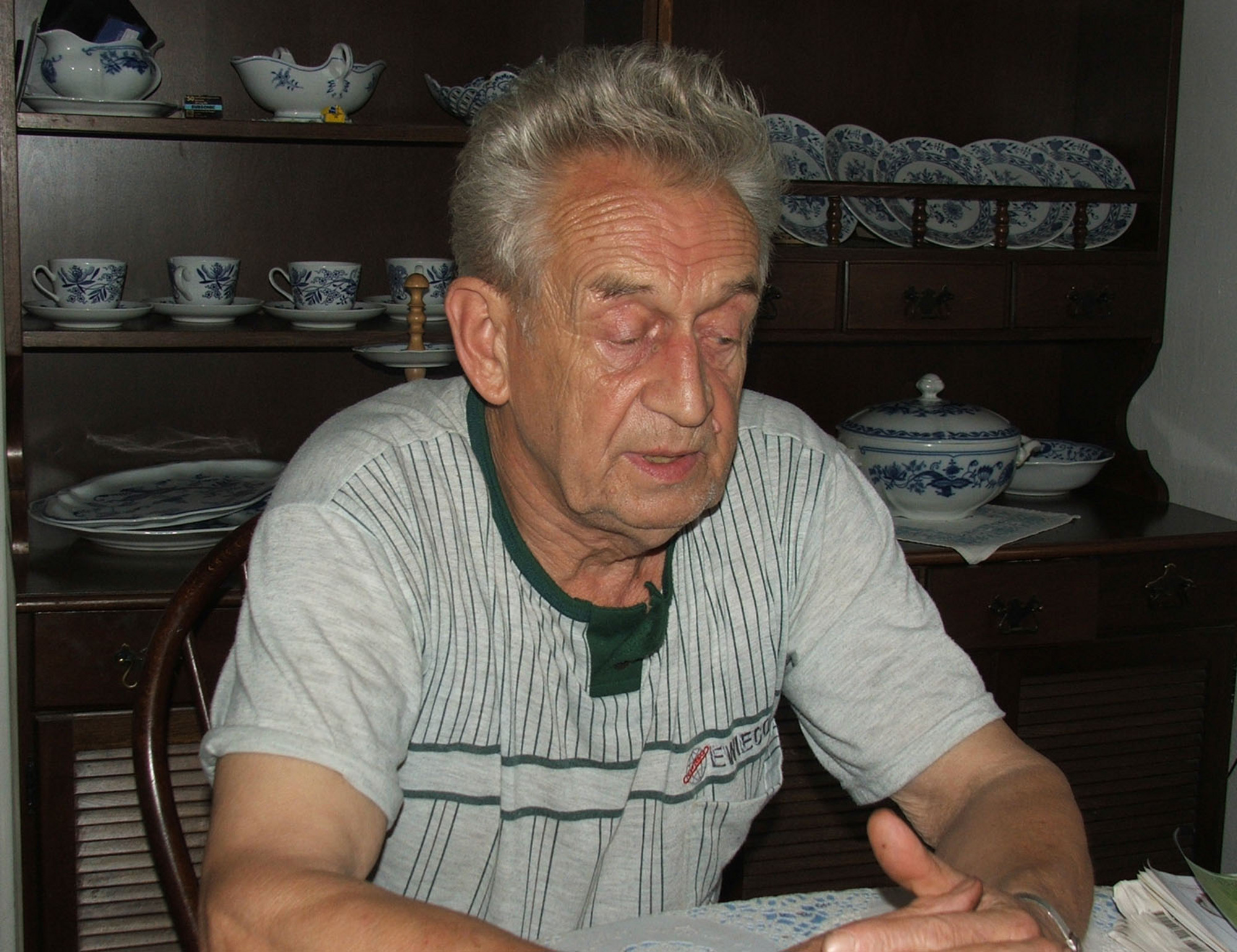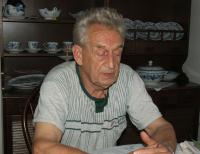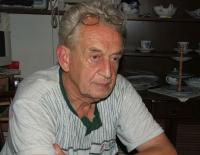It was such a sad life experience. Two wonderful people paid for it with their lives

Stáhnout obrázek
Radomil Raja was born in 1932 in the town of Železný Brod in a family of a small businessman - his father owned a small glassworks. He graduated from the Glasswork-school in Železný Brod with the vision that one day he will take over his father‘s business. On 24 July 1949, however, he was arrested under dramatic circumstances. Železný Brod had a very strong Scout organization - after the war, the Scouts had a big clubroom, there were several divisions, they organized annual camping trips to the Jizera mountains with a camp traditionally nearby Smědava. The Communist regime of course resented a strong Scout movement. His friends from the Scout movement were warned that the Communists are planning their arrest. They didn‘t want to remain passive and wait for the police to come and arrest them, so they were getting ready for a border-crossing in Šumava. They didn‘t know, however, that they became puppets in a game of the StB (secret state police). Under the leadership of under-cover StB agent Hilger seven scouts from Železný Brod gathered in the Jizera Mountains at the same time as State-police agents in the morning hours of 24 July 1949. Two of the scouts were shot on the Jizera Mountain-ridges by the State police agents - their names were Tomáš Hübner and Jiří Haba, a tax officer. The thirty-five-year old Haba was the only one of the seven scouts who wasn‘t still a teenager. Radomil Raja was sentenced to two and a half years in prison. He was through several juvenile-delinquent prisons and he underwent medical treatment of his shattered shoulder joint. After his release from prison in the fifties he worked in stone pits and quarries, he also worked as a lorry driver. The relaxed political situation in the sixties enabled him to work as a glass grinder in the Železný Brod Glassworks and later even at the special-orders department. Today, he still lives in Železný Brod, he is a passionate beekeeper, sports fisherman and an active member of the Jablonec branch of the Confederation of political prisoners.

